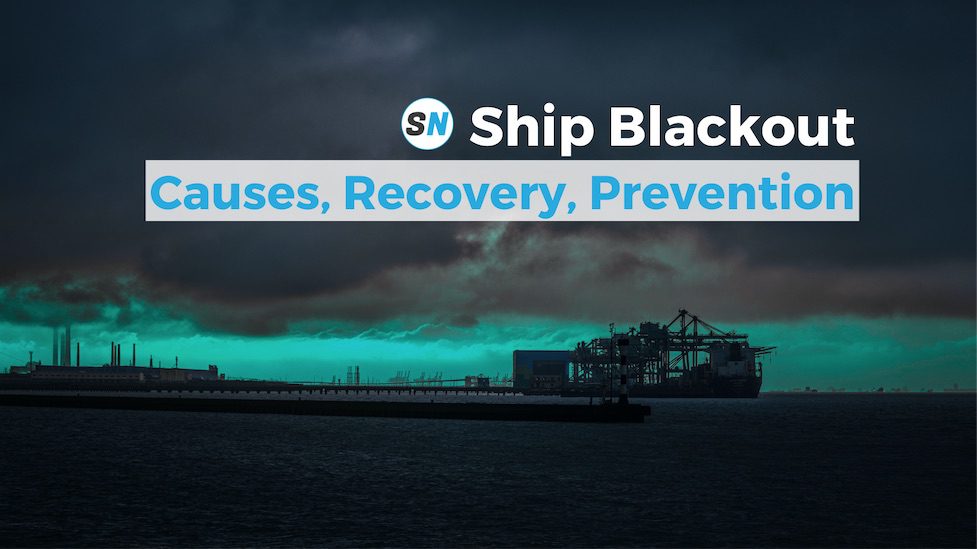28 November 2024
Contaminated bunker fuel cases in Singapore worth $120m.

Singapore’s contaminated bunker fuel outbreak is likely to cost tens of millions of dollars and keep lawyers busy for years to come.
Incident
Fuel tester VPS has confirmed a total of 60 high sulphur fuel oil-consuming (HSFO) ships, with the fuel identified as contaminated with chlorinated hydrocarbons. Certainly, all 60 ships bunkered with just two fuel suppliers in Singapore, the world’s largest bunkering hub. Note that, this coming from a total of 12 delivery barges in a timeframe from mid-February to mid-March. In total, VPS has identified 140,170 tonnes of contaminated fuel worth some $120m.
Particularly, one victim bunkered poor quality fuel which knocked out the power for a number of days. On a giant scrubber-fitted, HSFO-consuming valemax vessel.
Moreover, the aluminum and silicon levels of the samples indicate that the fuels contain elevated levels of highly abrasive particles. Therefore, could cause accelerated wear of diesel engine components, VPS warned.
“We would advise to be very aware that this contaminated fuel remains in the supply chain and could potentially be reused or re-blended for use as a bunker fuel... standard ISO8217 test methods are not sufficient to detect these contamination events.”
Malcolm Cooper, CEO of VPS
Hence, VPS is recommending gas chromatography-mass spectrometry (GCMS) screening as the most effective method of detecting chemical contaminants in bunker fuel including chlorinated hydrocarbons.
To clarify, the chlorinated hydrocarbons, detected by VPS in these bunker fuel samples are listed in the table below:
| Chlorinated Hydrocarbon | Compound CAS Number |
| 1,1 Dichloroethane | 75-34-3 |
| 1,2 Dichloroethane | 107-06-2 |
| 1,1,2 Trichloroethane | 79-00-5 |
| Trichloromethane | 67-66-3 |
| Tetrachloroethylene | 127-18-4 |
| Chloro-benzene | 108-90-7 |
Different takes
Subsequently, Jonathan Arneault, co-founder of FuelTrust, compared the unfolding fuel scandal in Singapore to the one in Houston in 2018.
“Four years later, the lawsuits from Houston are still ongoing, and we’re just realising the financial impact that a single batch of bad fuel can have on the industry,”
Jonathan Arneault, co-founder of FuelTrust
Additionally, Dr Ram Vis, a bunkering expert and owner of Viswa Labs, echoed the VPS call to use technology to better document and analyze risk in the supply chain.
“The current bunker quality problems give a feeling of déjà vu from an organic chlorides contamination in 2001, and more recently what we saw in Houston four years ago,”
Dr Ram Vis, bunkering expert and owner of Viswa Labs
Furthermore, P&I club Skuld revealed in a recent update that it has recently received an increased number of P&I and hull claims related to HSFO stemmed at Singapore. Specifically, which were found to be contaminated with chlorinated compounds. Thus, resulting in damage to fuel injection pumps, injectors, filter elements, and purifier systems.
“Organic Chlorides are not naturally present in crude sources and their presence in marine fuels is a cause of concern,”
Skuld
Source: VPS


